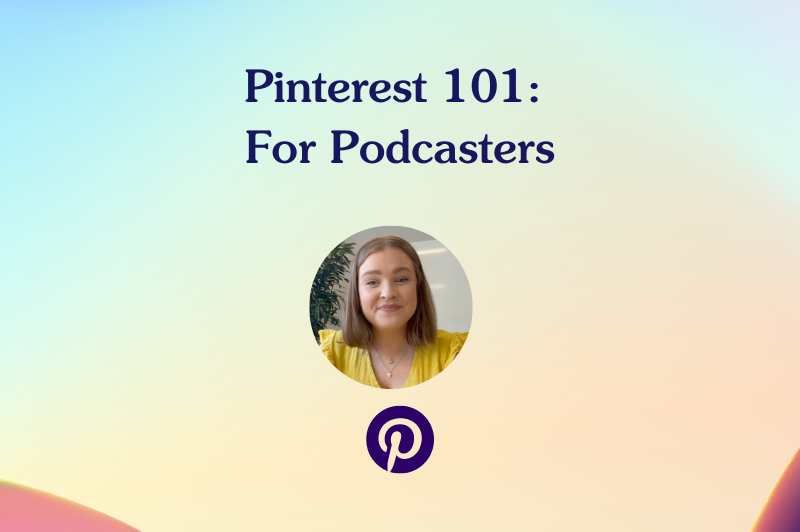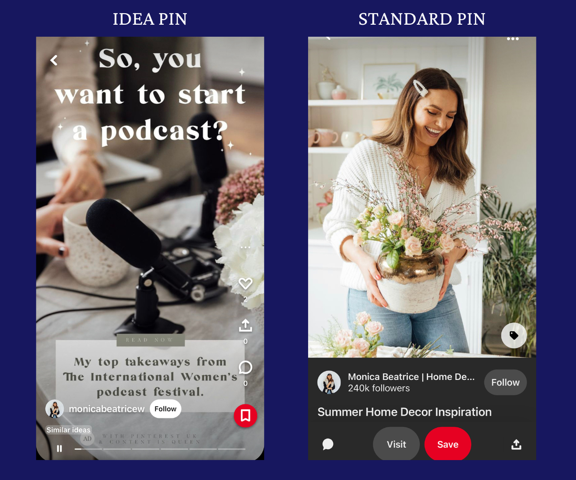During our International Women’s Podcast Festival in June, one of our incredible sessions was Beyond The Transcript, a conversion on podcast accessibility with Jumoke Abdullah, Maya Chupkov, Natasha Lipman and Lydia Watkins. As well as shining a light on the excellent shows, the session highlighted that, like other entertainment mediums, podcasting has a long way to go to become truly inclusive and accessible.
In this article, we’re taking the opportunity to spotlight some excellent disability and accessibility-focused podcasts you can add to your listening library.
Is It My ADHD?
Each week, writer Grace Timothy – who was diagnosed with ADHD at 37 – explores what it’s really like to live with ADHD with other women and non-binary people. From late diagnosis and trauma to everyday challenges like dealing with money, socialising and oversharing, Grace and her guests chat candidly about life with ADHD while sharing coping mechanisms with their listeners. Listen
Proud Stutter
Brought to you by Maya Chupkov, Proud Stutter is a show focused on changing how we understand and talk about stuttering, one conversation at a time. Maya tackles all kinds of topics, from public speaking with a stutter to code-switching; Maya and her guests offer excellent insight into life with a stutter. Not sure where to start? We particularly enjoyed season 2, episode 5: filmmaking, being biracial and hiding your stutter. Listen
The Wheelchair Activist
The incredible Emma Vogelmann launched her podcast in early 2022 to shine a light on the disabled community and its allies, succeeding in all areas of life. The bi-weekly episodes offer first-hand insight into the lives of the disabled community, covering topics such as feminism and sexual health, the scarcity mindset and uplifting others. If you want to understand the disabled community a little better, The Wheelchair Activist is an excellent starting point. Listen
Sick & Sickening
Sick & Sickening is a bi-weekly podcast by Roxy Chanel Murray. During solo episodes and guest features, Roxy opens up about all things Multiple Sclerosis related. Sharing her journey towards health, you can count on Roxy for insight into the kinds of challenges she faces and the tips or tricks she’s picked up along the way. With episodes as short as five minutes, these bitesize offerings cover topics including disabled love languages, legalising cannabis and multiple sclerosis representation. Listen
The Rest Room
If you or someone you know is living with a chronic illness, The Rest Room by Natasha Lipman comes highly recommended. Delving into what it means to live a fulfilled life with chronic illness, Natasha drops bi-weekly episodes covering various topics. From navigating work and chronic illness to rethinking recovery, this insightful and inspirational podcast is a must-listen. Listen
Disabled Debrief
The Disabled Debrief is an extension of the excellent Conscious Being magazine. The brainchild of Lydia Wilkins, the magazine and podcast is written for and by disabled women and non-binary people. Tackling subjects such as privilege and chronic illness in the workplace and making space for others, The Disabled Debrief is a must-listen. In a recent bonus episode, Natalie Lee, AKA Style Me Sunday, dropped by to chat about unlearning your shame; we’d recommend starting there. Listen
Mentally Yours
Last but certainly not least is Mentally Yours by Metro. Hosts Ellen Scott and Yvette Caster chat with people who have lived with mental illness to educate, empathise, and challenge stigma. With guests opening up about postpartum psychosis, children’s mental health and eating disorders, the podcast opens listeners up to a host of first-hand experiences of mental illness. Mentally Yours is a good choice if you’re searching for a varied weekly podcast to add to your library. Listen
Got a podcast you think the Content is Queen should tune into? Comment below and let us know. If you’d like to tune into our Beyond The Transcript panel, you can access it along with all the other content from the festival with a virtual pass.

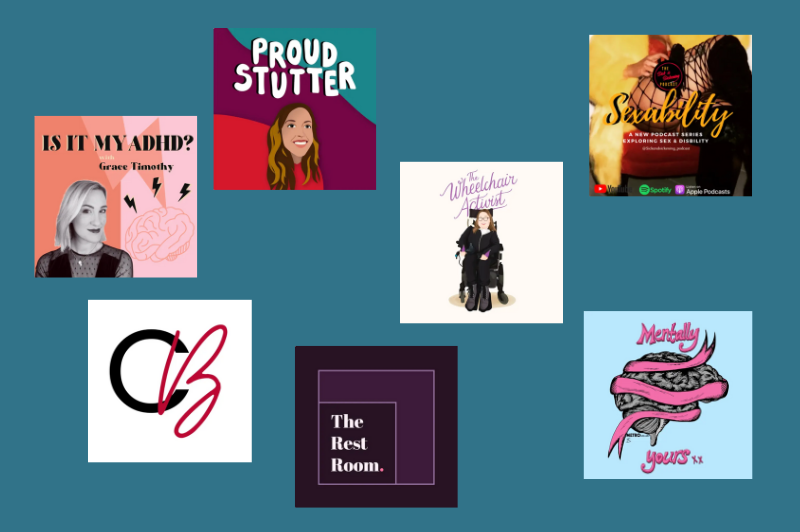

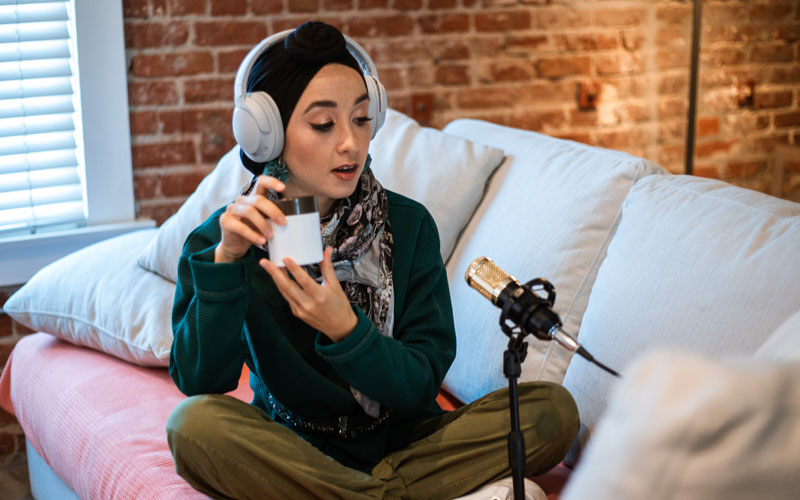
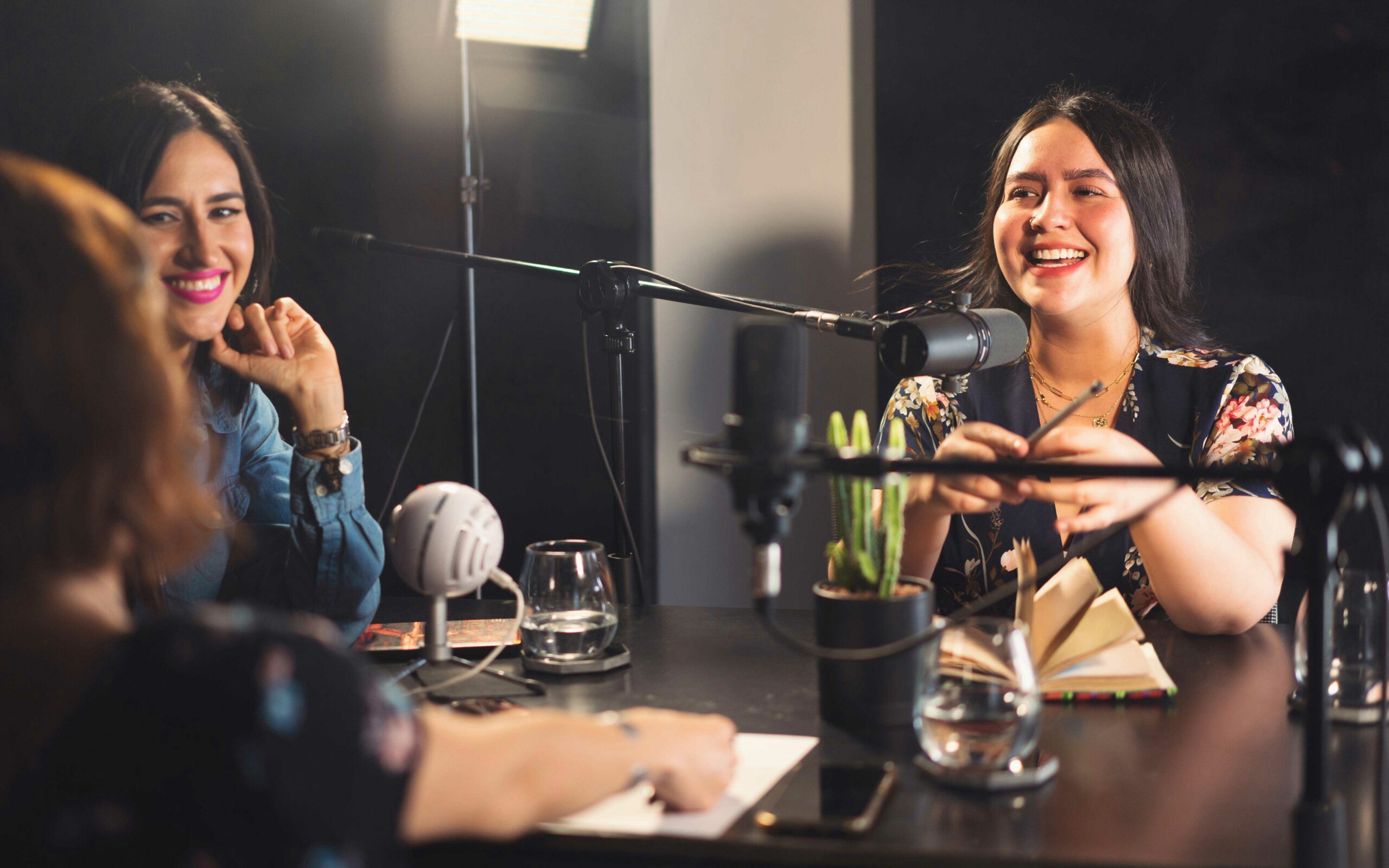
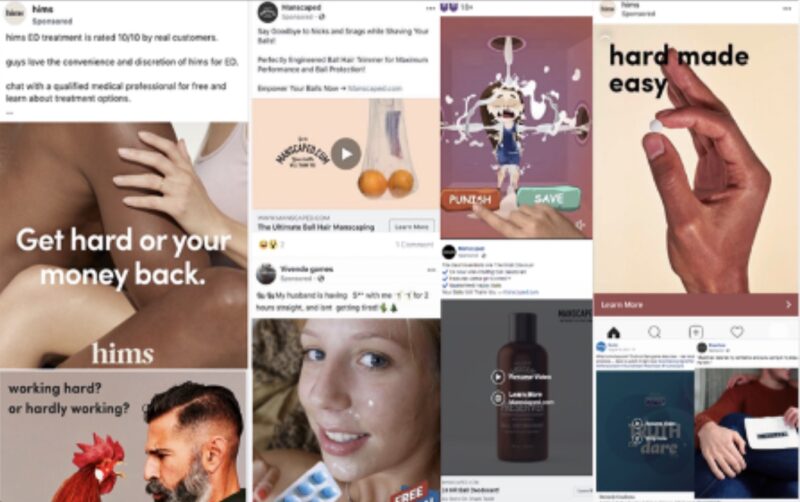
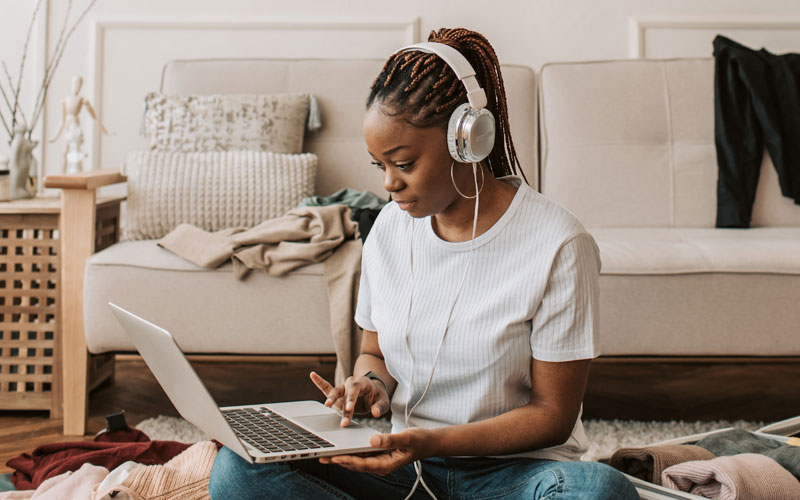
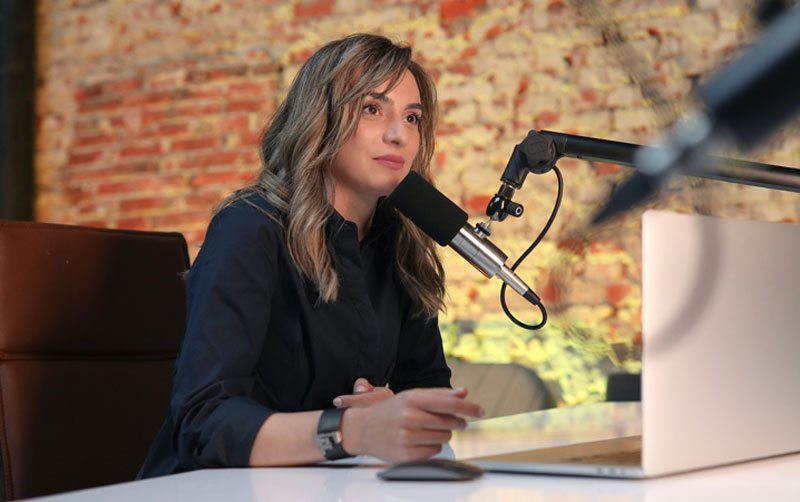
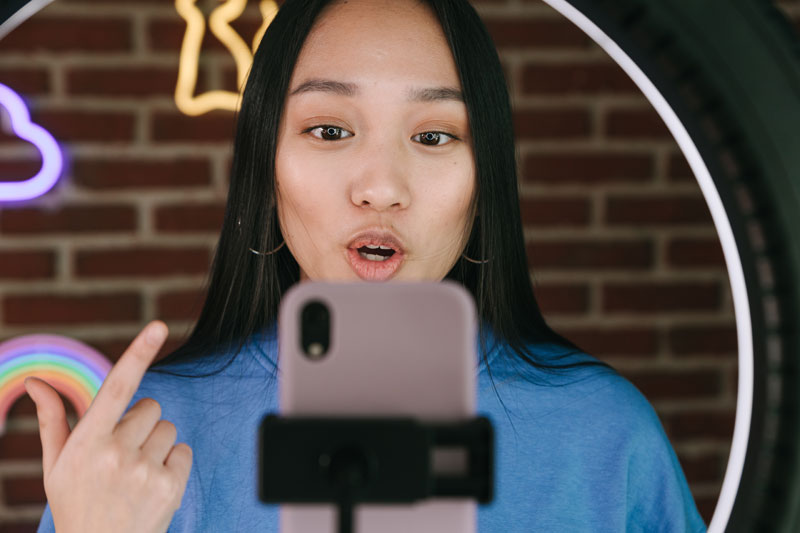

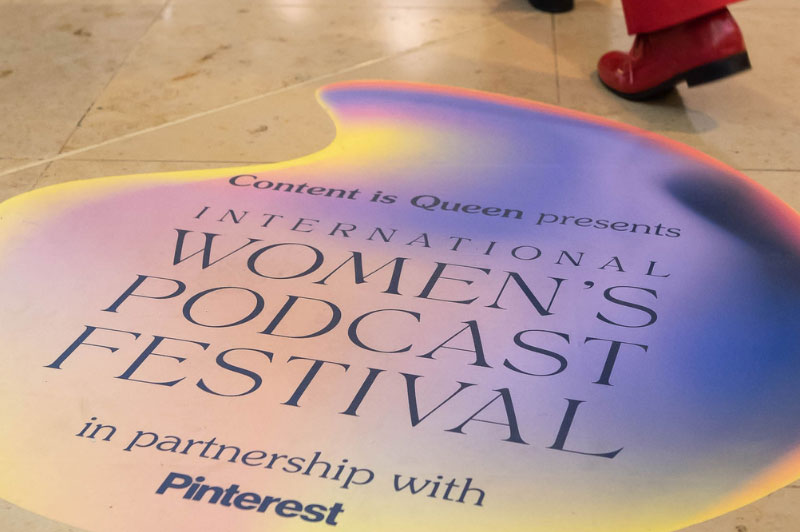
 The Big Conversations
The Big Conversations  Getting Press:
Getting Press:  Live Shows
Live Shows Workshops
Workshops  Keynotes
Keynotes  The best bit?
The best bit? 